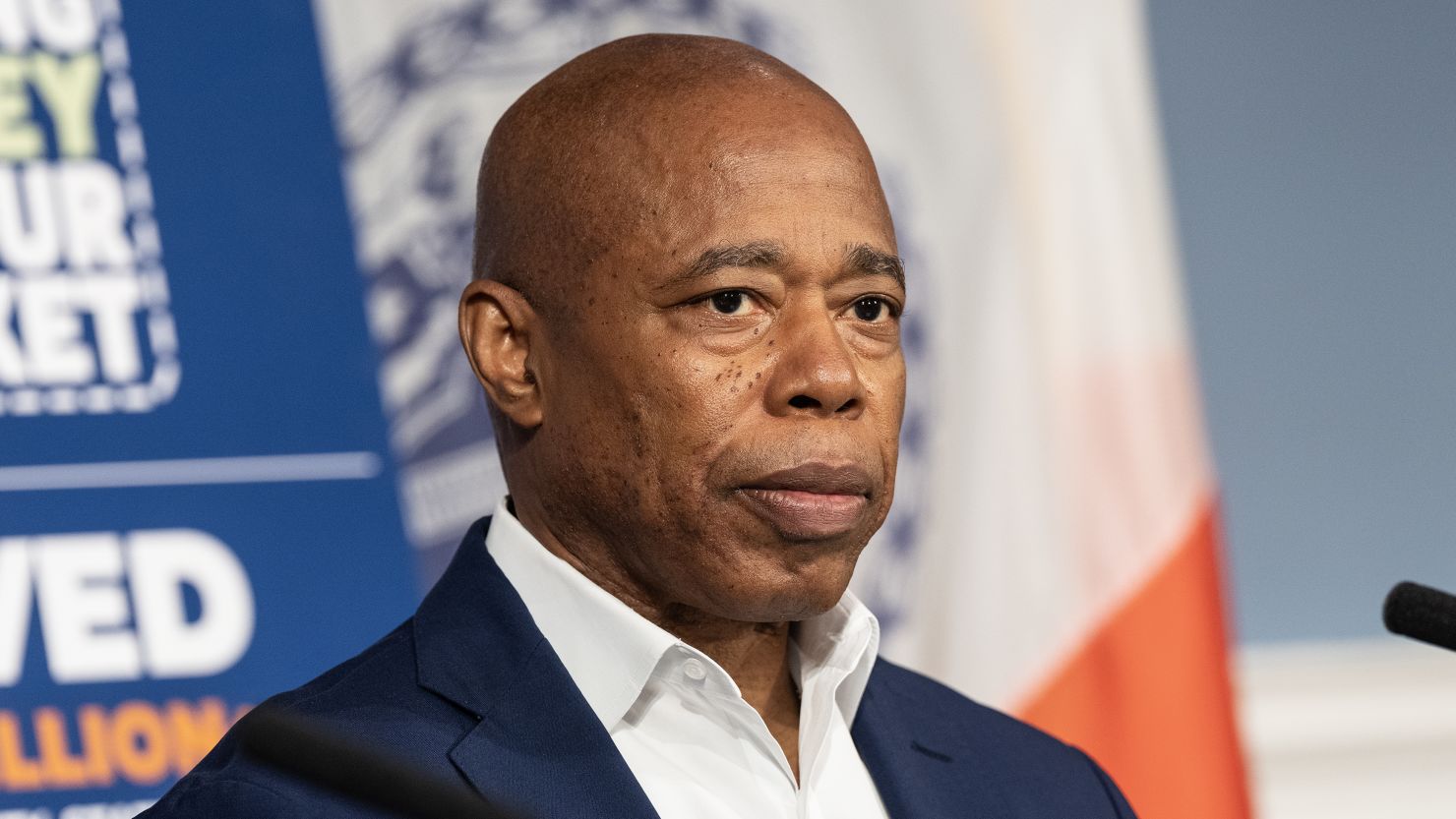New York City Mayor Eric Adams is under fire from hospitality industry leaders after enacting the Safe Hotels Act, a law requiring all hotels in the city to obtain operating licenses. Dubbed “Intro. 0991,” the legislation aims to bolster safety and quality standards for workers and guests by mandating stricter protocols around staffing, cleaning, and licensing.
“Our top priority from day one has been to keep people safe, and that includes protecting workers and tourists at our city’s hotels,” Adams said in a statement. “This law ensures our hotels are safe, healthy, and clean, enabling our tourism industry to thrive and create jobs. It’s a win for working people, the tourism and hotel industry, and all New Yorkers.”
The law, introduced by City Council Member Julie Menin, received approval from 34 of the council’s 51 members after two revisions. Menin, a former commissioner of the Department of Consumer and Worker Protection (DCWP), emphasized the necessity of regulation, pointing out that hotels are one of the few industries in the city previously exempt from licensing requirements.
“There are so many incidences of hotel workers, who largely tend to be female, facing sexual assault,” Menin said. “We don’t want guests coming to our city and having negative experiences in bad actor hotels. This law is essential for public safety. Over the years, there have been 39 murders at hotels.”
Under the new legislation, all hotels must be licensed by the DCWP, joining the ranks of the 45,000 businesses already regulated by the agency. Provisions include panic buttons for workers, replacing contracted staff with direct employees for roles like housekeeping, and ensuring compliance with enhanced safety measures.
Industry Pushback
While city officials hail the act as a major step forward, critics argue that the law disproportionately impacts smaller hotels and minority-owned businesses. The American Hotel and Lodging Association (AHLA) and the Asian American Hotel Owners Association (AAHOA) have both expressed concerns about the unintended consequences of the new requirements.
Miraj Patel, chairman of AAHOA, called the law a burden on operators already struggling to recover from the pandemic. “While we acknowledge efforts to accommodate smaller properties, this revision still falls short of addressing our broader concerns,” Patel said. “Hoteliers of all sizes deserve flexibility in managing operations. This act will stifle entrepreneurship and innovation in the hospitality sector, particularly for minority-owned businesses.”
Vijay Dandapani, president and CEO of the Hotel Association of New York City, described the measure as unnecessary. “New York City has some of the cleanest, safest hotels in the world,” he said. “Implying otherwise is a travesty and risks discouraging tourists from visiting.”
A Question of Safety
Despite industry assurances, data suggests otherwise. According to the New York Police Department, more than 14,000 criminal complaints have been filed from hotels and motels over the past five years. Advocates for the legislation argue that increased oversight and licensing could mitigate these risks while fostering a safer environment for workers and guests.
Proponents also see the law as a step toward addressing long-standing labor issues in the hotel industry. By requiring direct employment of staff, the act could improve working conditions for thousands of employees.
Menin remains optimistic about the potential impact. “This is not just about protecting workers but also enhancing the city’s reputation as a premier travel destination,” she said. “Safe, well-regulated hotels benefit everyone.”
Concerns Over Costs
Industry groups warn that the additional costs of compliance could result in higher room rates, potentially deterring tourists. New York City, which has nearly 800 hotels across its five boroughs, relies heavily on tourism as a cornerstone of its economy. Opponents fear that rising costs and operational challenges may hinder the sector’s recovery and job growth.
The Safe Hotels Act marks a significant shift in how the city regulates its hospitality industry. While city officials tout the law as a victory for safety and equity, its long-term effects on the industry and tourism remain to be seen.










